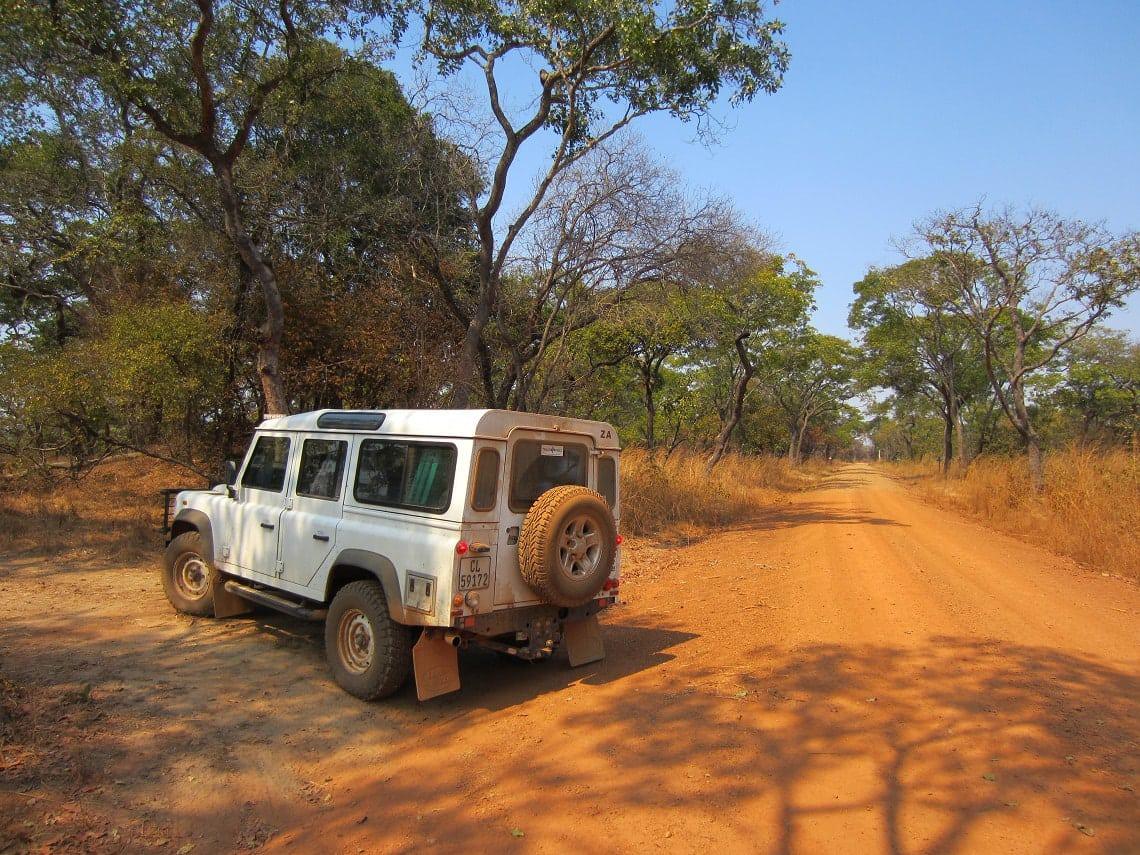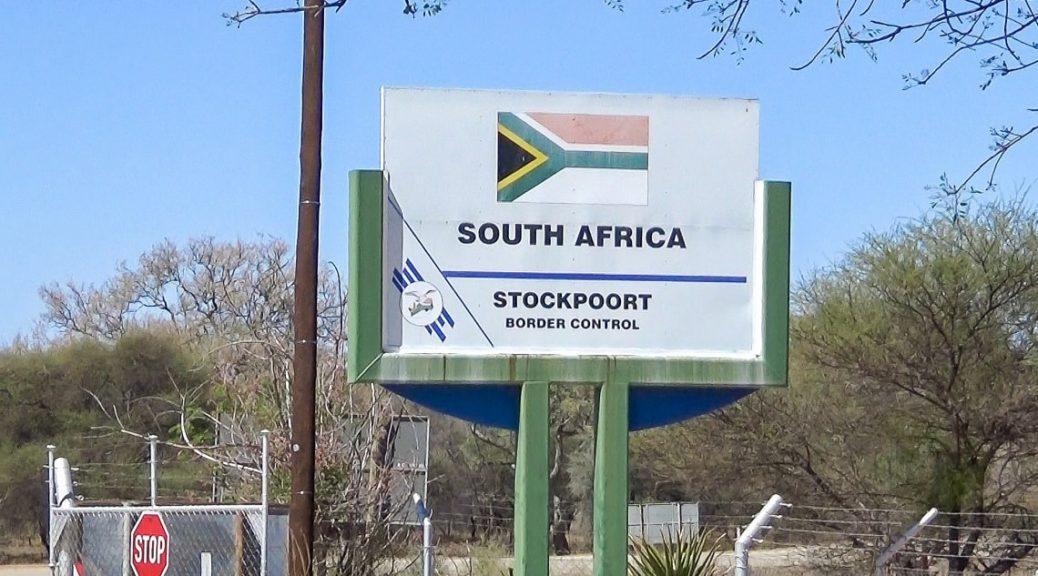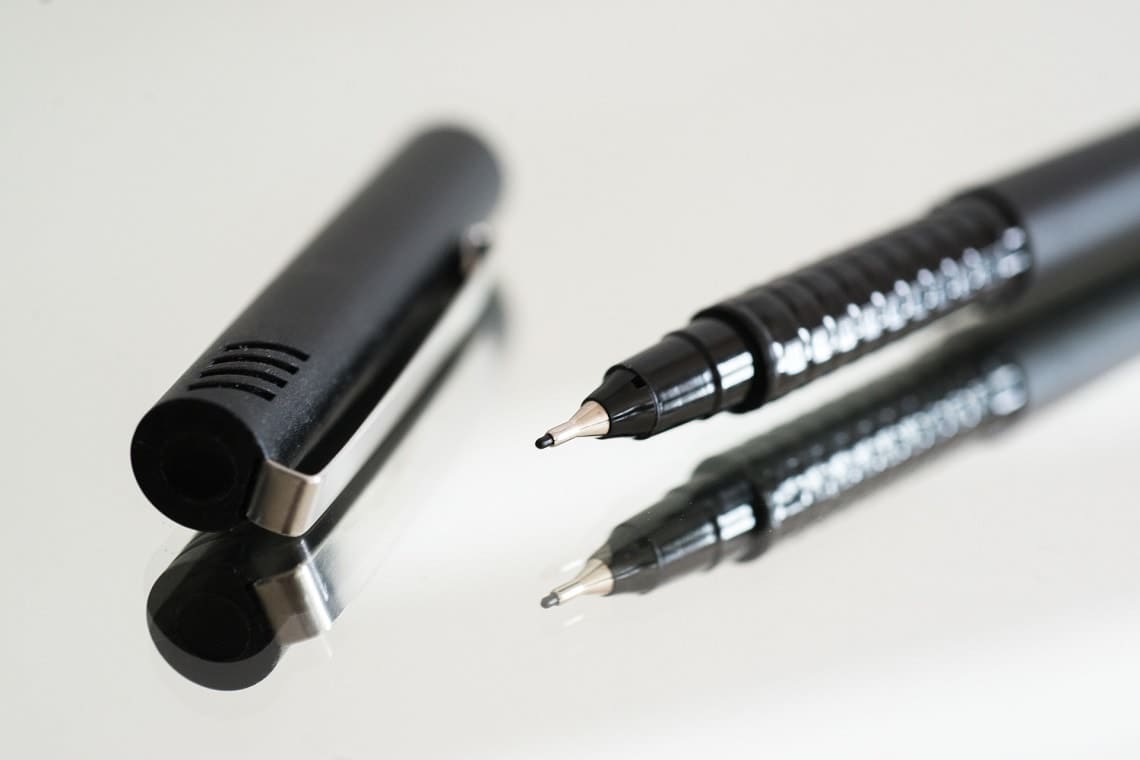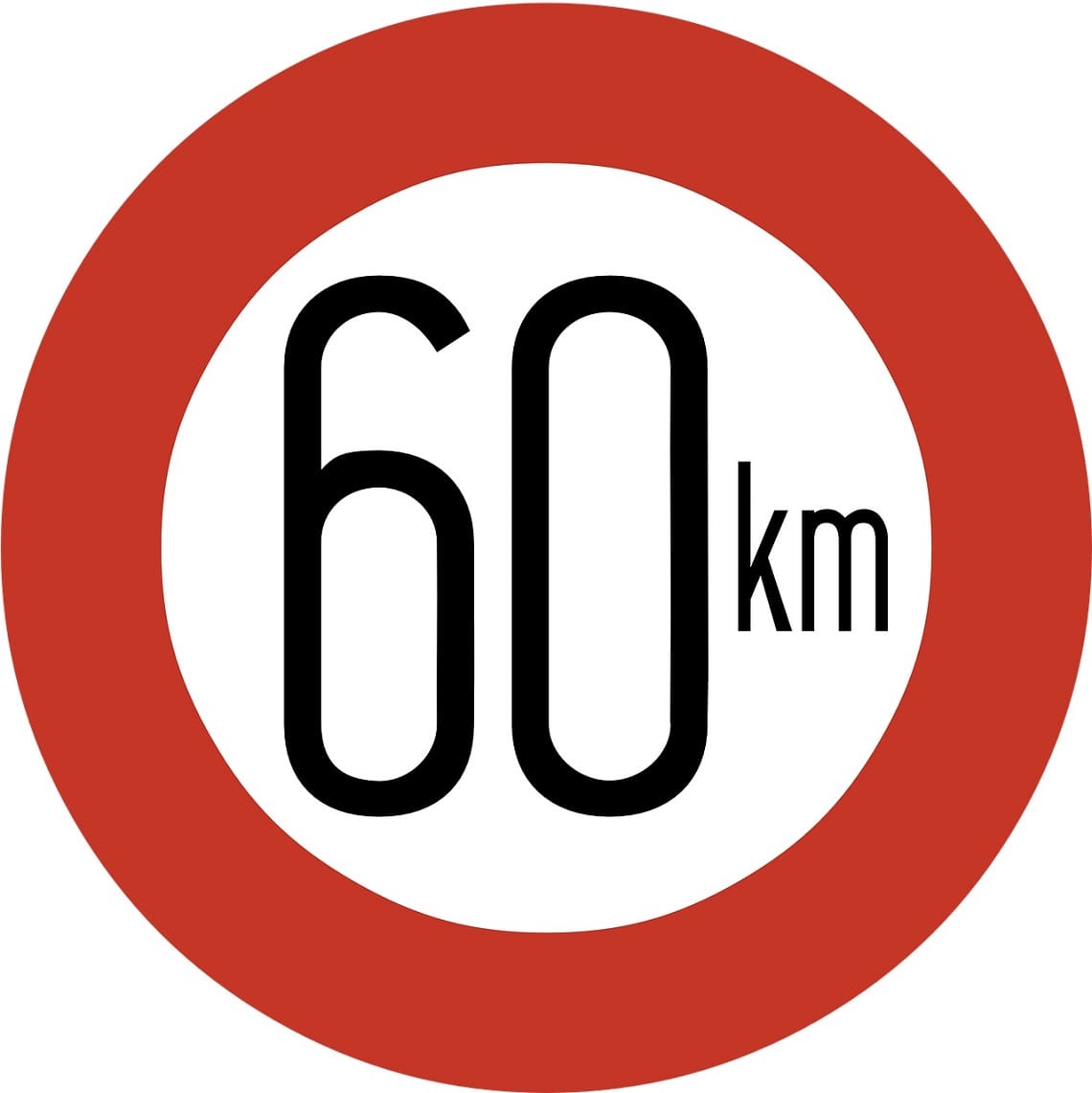If you’ve done the necessary prep, you should feel confident driving up to the border post. Sure, corruption or criminal elements could destroy the best-laid plans, but those cases are rare fortunately. By Chris Davies
You’ll have a good chance of success if you heed the following:
Be positive. No matter how frustrated you get, try to smile. A positive attitude goes a long way at any border.

Pick a small border post. A lot of hassle can be saved just by picking an out-of-the-way crossing. The most jaded and corrupt officials are usually at the larger, busier control points, not to mention the queues. Quiet backwaters are a much safer bet.
Also read: Veterinary fences in Namibia and Botswana
Know the forex rate and fees. Have a good handle on the local, rand and dollar exchange rates before you arrive. If possible, give exact amounts when paying – even better if you have it in local currency. Never bring out a roll of bills and count them off in front of people.
Use fixers? Debatable, but sometimes worth it, even if it means an extra cost. A couple of Zimbabwean helpers gave me a hand at Kazungula recently, and when all was done, I was through without fuss, and they’d not levied any extra charges as far as I could tell. If you do use a tout, ask up front for fees and watch them very closely.
Keep everything together. A simple, clear plastic folder will help you not to lose any paperwork.
Also read: Border crossings in Southern and East Africa
Take a pen. Pens are in short supply at most border posts. If you have your own, you can get a jump on the form filling while you’re still in the queue.
Keep an eye on your stuff. Even though the border officials may be above board, border crossings can be rife with thieves and pickpockets. Lock your vehicle and don’t leave your possessions unattended.
Check your visa duration before you leave. Make sure everything’s been properly stamped and the dates are as you expect before you drive away. You won’t be able to change anything easily once you leave.
Also read: Tips for hassle-free border crossing in Africa: Before you leave
Wear your seatbelt and don’t speed. True at all times, but the areas around border crossings are particularly happy hunting grounds for traffic police. Passengers on the back seat should be buckled up too. Remember to stop at stop signs, and stop behind the line.
T4A border-crossing advice
Travelling to Namibia, Botswana, Angola, Lesotho, Malawi, Mozambique, South Africa, Swaziland, Zambia or Zimbabwe? Get your hands one one of our self-drive books for detailed information on border post red tape, customs, visas and more:
Happy travels!
Also read: What you need to get through the border
Did you know that all Tracks4Africa Africa GPS Map owners get one free update to the latest version, and 50% off any subsequent updates purchased? Go exploring with the most up-to-date map at your fingertips. Visit our online shop for our latest guide books, paper maps and GPS navigation.





It is very difficult to buy either Zambian or Malawian kwacha in the neighbouring countries except at the border posts.You are then in the hands of the traders and that can be a bad experience. If you are old they crowd around you and hassle you into making a mistake. By the time you find out they are long gone. What I do is to pick one guy and tell him that we will not do business until he gets rid of all the others. There is a very good app called O & A which gives you the exchange rate between the currency in your hand and his. Decide how much you want and double check that is correct and then only pay for it. When paying count out your money slowly and carefully to prevent any sleight -of-hand tricks. These guys are experts.
I agree with your sentiments John. I normally check the exchange rate just before I arrive at the border post on Google, or SMS a friend back home if I do not have access to data. Then I do a rough calculation what I need to get me through the border and exchange only that. Then at the next town I go to an ATM or Forex (or ask your lodge/camp manager for tips).